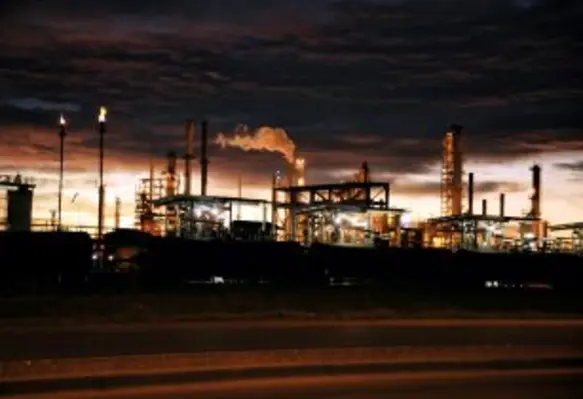Total committed and planned energy investments in the MENA region, including Iran, will reach US$900bn over the next five years, according to a new report published by the Arab Petroleum Investments Corporation (APICORP)
The multilateral development bank’s report, MENA Investment Outlook – Big plans in uncertain times, forecasts a 19 per cent increase in total MENA energy investment activity over the next five years, to US$900bn.
APICORP states that US$289 billion of investment has already been committed to projects under execution in the region, while an additional US$611 billion worth of development is planned.
Leading the investment drive will be Saudi Arabia, along with the UAE and Kuwait, which will look to invest across the energy value chain. Iraq and Iran will play catch-up and are determined to push their ambitious oil and gas plans forward, but will face many above-ground challenges, with investments in Iran starting to flow back after years of sanctions.
In North Africa, Algeria has vowed to pump billions into its upstream sector. Much is also expected in Egypt as recent gas finds promise to meet rapidly rising power demand. Renewable energy projects will be at the forefront of efforts to meet rising power demand in Morocco, Tunisia and Jordan.
Commenting on the report, Dr. Raed Al-Rayes, deputy chief executive & general manager of APICORP, said, “Global investments in oil and gas fell by 20 per cent in 2015 compared with 2014, one of the biggest drops in history. However, against this trend, we expect the MENA region to continue investing heavily as major energy-exporting countries expand the size of their energy sectors and strengthen their positions within global markets.”
Although some MENA countries, including Saudi Arabia, Iran, the UAE and Kuwait, announced that they would go ahead with investment plans despite low prices, other countries with low fiscal buffers and competing pressures on revenues, particularly Iraq, may have to reconsider their ambitious capacity-expansion programmes, says APICORP. In addition, financing projects has become more challenging, and political and economic concerns mean investors will be cautious. Conflicts and instability in Syria, Iraq, Libya and Yemen will keep investments at bay in the near term, the report adds.
Dr. Bassam Fattouh, an energy sector specialist and advisor to APICORP, added, “2015 was unsettling for the MENA region at a time of slower global economic growth and low oil prices. Many GCC governments have announced that budget deficits and public expenditure will be tightened in response. But, governments will prioritise critical investments in their energy sectors.”








